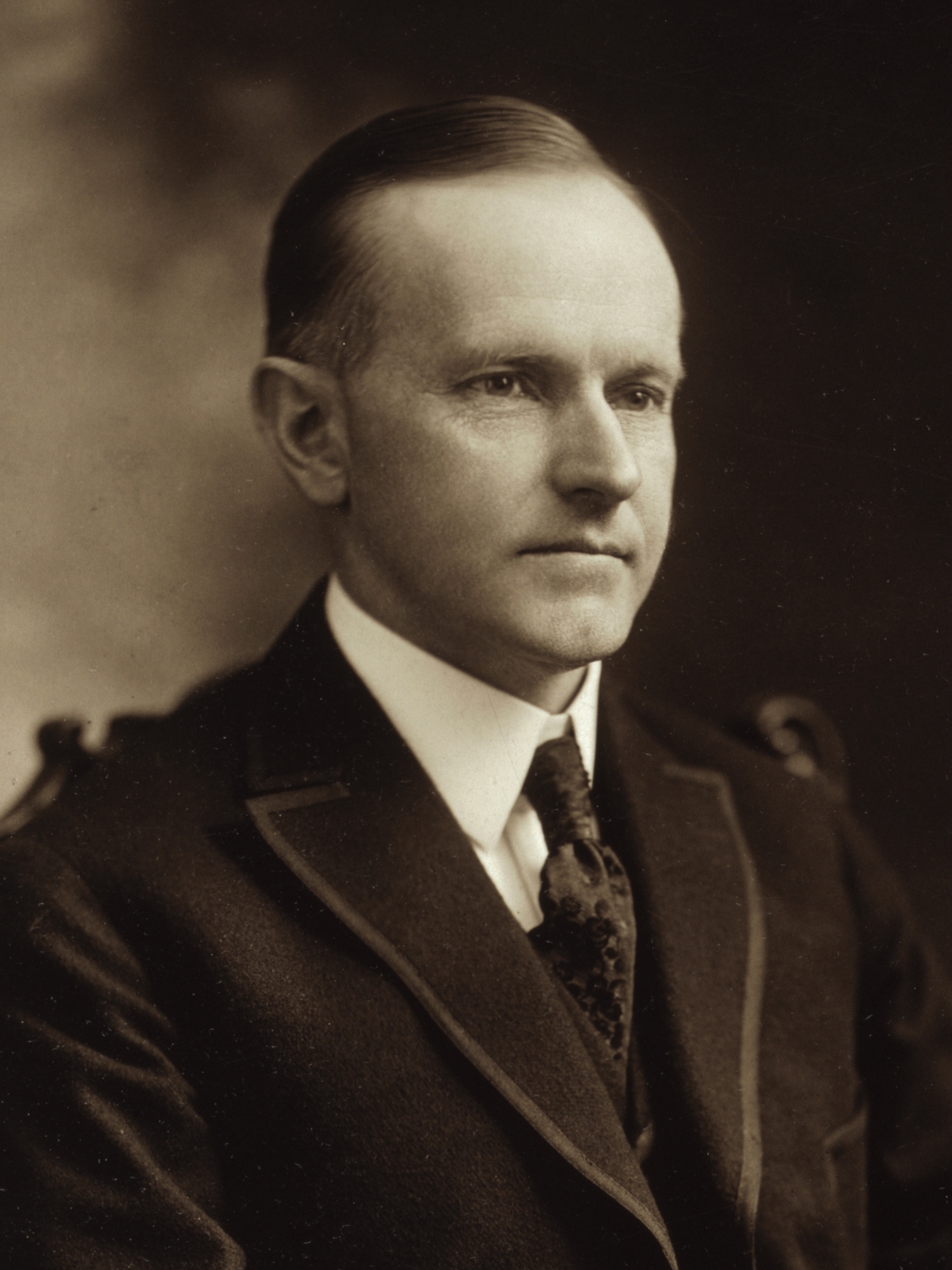Calvin Coolidge najznámejšie citáty
Calvin Coolidge: Citáty v angličtine
1920s, Ways to Peace (1926)
1920s, The Democracy of Sports (1924)
1920s, Authority and Religious Liberty (1924)
1920s, Second State of the Union Address (1924)
1920s, The Progress of a People (1924)
1920s, The Democracy of Sports (1924)
1920s, Address at the Black Hills (1927)
1920s, Toleration and Liberalism (1925)
It may not be given to infinite beings to attain that ideal, but it is none the less one toward which we should strive.
1920s, Toleration and Liberalism (1925)
1920s, The Genius of America (1924)
1920s, Freedom and its Obligations (1924)
1920s, Ways to Peace (1926)
1920s, The Genius of America (1924)
1920s, Freedom and its Obligations (1924)
1920s, Ordered Liberty and World Peace (1924)
1920s, Whose Country Is This? (1921)
1920s, Second State of the Union Address (1924)
1920s, Law and Order (1920)
1920s, Ways to Peace (1926)
1920s, Second State of the Union Address (1924)
1920s, The Reign of Law (1925)
1920s, The Reign of Law (1925)
1920s, Whose Country Is This? (1921)
“Knowledge comes, but wisdom lingers”
Widely misattributed and misquoted. Coolidge was quoting Tennyson in a June 3, 1925 speech to the US Naval Academy. Foundations of the Republic pp 237 : THE NAVY AS AN INSTRUMENT OF PEACE The poet reminds us that "Knowledge comes, but wisdom lingers." It may not be difficult to store up in the mind a vast ...
Misattributed
1920s, Second State of the Union Address (1924)
“The Constitution is the sole source and guaranty of national freedom.”
Address accepting nomination as Republican candidate for president, Washington, D.C. (4 August 1924); published as Address of Acceptance (1924), p. 15.
1920s
1920s, Ordered Liberty and World Peace (1924)
1920s, The Press Under a Free Government (1925)
1920s, The Reign of Law (1925)
1920s, Ways to Peace (1926)
